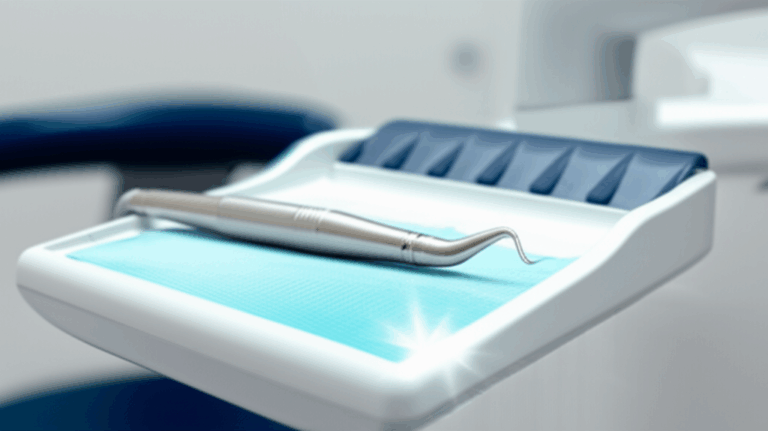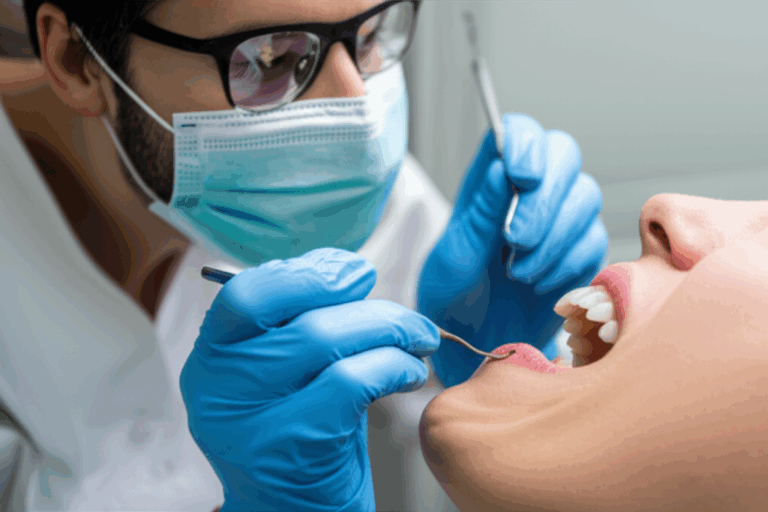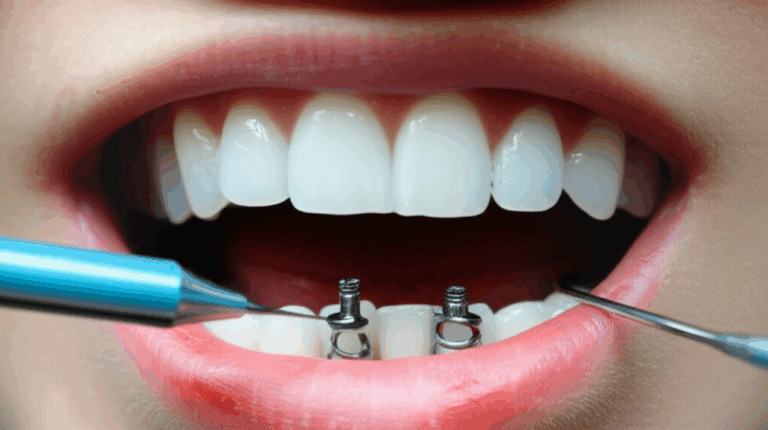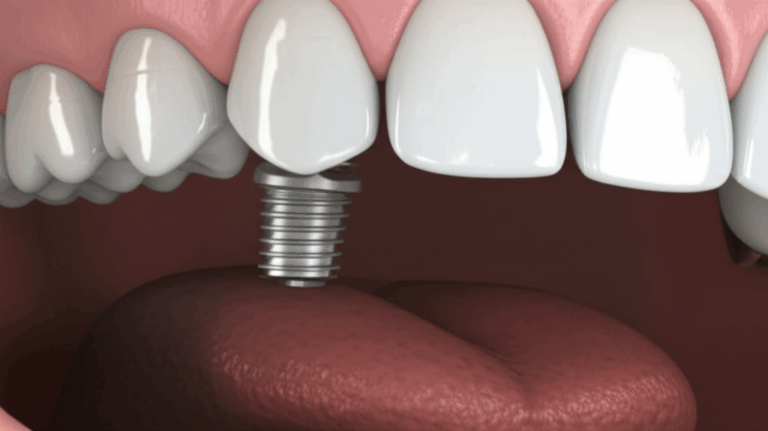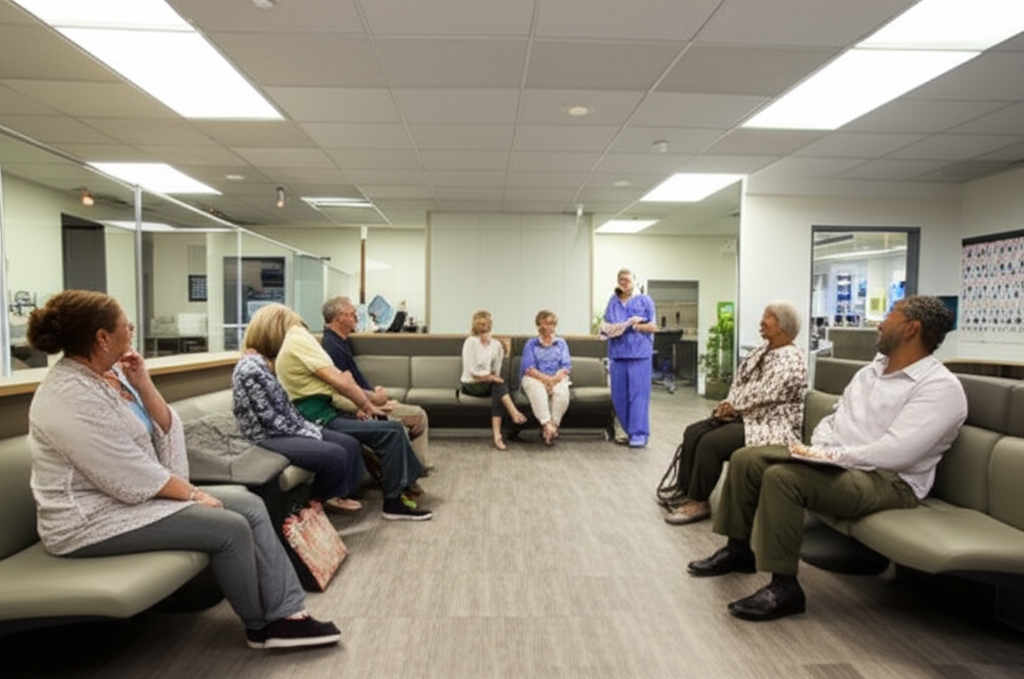
What Is a Sliding Scale Dental Clinic? My Complete Guide to Affordable Care
Table of Contents
- Understanding the Sliding Scale Fee Structure
- Eligibility Requirements (Do You Qualify?)
- Applying Step-by-Step: My Experience
- A Real Example: What Will It Cost?
- Preventive Care: Your First Line of Defense
- Basic and Emergency Dental Services
- Limits: When You’ll Need a Specialist
Introduction: Why Sliding Scale Dental Clinics Matter
I know from experience how tough it can be to get good dental care if you don’t have dental insurance, or if money is tight. I’ve been there—looking at a dental bill that made my sore tooth feel even worse. That’s when I found out about sliding scale dental clinics. At first, I thought, “Is this really for me? Is it any good?” But once I tried it, things got easier.
Taking care of your teeth isn’t just about having a nice smile. If you don’t look after them, you can get real health problems—not just in your mouth, but all over your body. Sliding scale dental clinics help people who just can’t afford regular dentist prices. Here’s everything I’ve learned, step by step.
What Is a Sliding Scale Dental Clinic? Simple Definition, Big Impact
A sliding scale dental clinic is a place where what you pay depends on how much money you make and how many people are in your family. If you make less, you pay less. If you make more, you pay closer to what a regular dentist charges.
This isn’t charity—it’s a well-run and respectful system. If you don’t have insurance, or you don’t have enough money, you can still get dental care that you really need, without it costing too much.
These clinics are usually helped by government programs, community groups, or they might be part of Federally Qualified Health Centers (FQHCs) that have other medical care too.
How Sliding Scale Dental Clinics Actually Work
Understanding the Sliding Scale Fee Structure
The sliding scale is all about making things fair: everyone pays what they can, and nobody gets turned away if they can’t afford a big bill. I remember my first time there—I was nervous and had a bunch of pay stubs with me. The lady at the front said, “We figure out what you pay based on government rules.”
Here’s what happens:
- Federal Poverty Guidelines (FPG): This is a chart the government uses to decide who needs help, and it goes by your income and family size.
- Fee levels: For example, if you make 100% of the FPG, you might pay $20 for a checkup. If you earn a bit more, you’ll pay a bit more, and so on. There are step levels, like 100%, 150%, 200%.
You don’t have to haggle. The sliding scale is simple and fair, and you’ll know your price before you start any treatment.
Eligibility Requirements (Do You Qualify?)
Not everyone can just walk in and get cheaper prices. You have to show proof, so be ready to bring things like:
- Recent pay stubs or notice of unemployment
- Your last tax returns
- Paperwork showing family size (like birth certificates)
- Sometimes, something with your address on it
Don’t let “the paperwork” scare you off. I thought it would be hard, but the clinic staff made it simple.
Applying Step-by-Step: My Experience
Here’s what happened with me:
A Real Example: What Will It Cost?
Let’s say you have a family of four and earn $30,000 a year. On most charts, that’s under 150% of the federal poverty line. A full dental exam and X-rays could cost you just $30 instead of the $150 or more you’d pay at a private dentist. Got a cavity? Maybe $40 instead of $200. It’s different at every clinic, but it works the same way everywhere.
What Services Can You Get? (And What’s Not Included)
Not all sliding scale clinics are the same, but most give you all the basics you really need.
Preventive Care: Your First Line of Defense
They focus first on stopping problems:
- Dental checkups and cleanings
- X-rays
- Fluoride treatments
- Sealants (usually for kids)
- How-to tips for cleaning your teeth at home
Basic and Emergency Dental Services
Got tooth pain? Don’t wait. These clinics usually offer:
- Fillings for cavities
- Simple tooth removal
- Care for emergencies like pain or broken teeth
- Fixing infections or sores in your mouth
Some clinics also offer:
- Some root canals
- Crowns, fake teeth or dentures (sometimes you pay a bit more or go to another office)
- Kids’ dental care and sometimes help for seniors
Limits: When You’ll Need a Specialist
Here’s what I learned—not everything is offered:
- Cosmetic work (like making teeth whiter or straightening) usually isn’t done here
- Braces or hard cases (complicated surgeries) are rare
- If you need heavy work like implants or special crowns, you might get sent somewhere else. Some clinics are linked to a crown and bridge lab or removable denture lab for things like dentures, but prices can be more
But for what you need to stay healthy, these clinics help with almost everything.
Benefits of Choosing a Sliding Scale Dental Clinic
Affordability and Access
The first big win is simple: You can really save a lot of money. I remember thinking, “Is that really all I owe?” These clinics are built for people who:
- Don’t have insurance
- Have insurance that doesn’t pay for enough
- Make less money, are out of work, or in tough times
They help kids, older people, veterans, the homeless, and people with special needs—all those who too often get left out.
High Standards, Caring Staff
I worried, “Will they treat me right?” but after my first visit, I knew I had nothing to worry about. These clinics use real, licensed dentists just like private clinics. Sometimes new dental school grads work there to learn more.
Government laws keep the care safe and good. In fact, some places work with digital dental labs to make sure they use new technology and give you careful treatment.
Comprehensive Care Under One Roof
A lot of sliding scale clinics are inside bigger health centers (FQHCs), so you might also see:
- Doctors for general health
- Help with mental health or stress
- How-to classes on eating better, quitting smoking, and more
- Help connecting you to other services you might need
You’re not just a “patient number.” Every time I went, they cared about my whole health, not just my teeth.
How to Find a Sliding Scale Dental Clinic Near You
Online Search Tips
I started by Googling things like:
- “sliding scale dental clinic in [my city/state]”
- “community dental clinic near me”
- “cheap dentist for low income”
It helps to use your zip code too.
Trusted Official Directories
Some links helped me a lot:
- The HRSA Find a Health Center tool. Type in where you live, and find clinics, their hours, and what they do.
- The National Association of Community Health Centers (NACHC) directory.
- Your city or state’s public health department (they often list clinics for folks without insurance).
Other Local Resources
Don’t forget places close to home:
- Ask your family doctor, school nurse, or someone at the local help office. They usually have a list.
- Churches, charities, or neighborhood centers know about free dental events or clinics.
- Dental schools sometimes have student dentists who treat you cheaper. Some mix with a dental ceramics lab for more complicated repairs.
What to Ask Before You Go
Each clinic runs a little different, so before you go, ask:
- Is every service cheaper, or just some?
- What papers do I need to bring?
- How long to get an appointment?
- Do you take Medicaid, or can you help with the forms?
- If you need dentures or crowns, ask if they work with a zirconia lab or will send you somewhere else
Is a Sliding Scale Dental Clinic Right for You? Honest Considerations
Pros and Cons—From Someone Who’s Been There
Pros:
- You know what you’ll pay ahead of time—no ugly surprises.
- These clinics care about fixing pain, stopping decay, and helping everyone learn to stay healthy.
- They treat you kindly. Not once did I feel judged for needing help.
Cons:
- Sometimes, you have to wait longer than a private dentist, especially if it’s not an emergency.
- The paperwork can seem like a pain (but the staff help a lot).
- Big jobs like implants, fancy bridges, or fixing your smile might not be offered there or could cost more.
- You have to keep on top of things—appointments fill fast, and some places help urgent cases first.
Comparing to Other Affordable Options
Other choices besides sliding scale clinics:
- Dental schools: Cheaper, but visits can last longer since students work slow.
- Free clinics: Pretty rare, often just for true emergencies.
- Discount plans: Might help, but sometimes you still pay a lot.
To me, sliding scale clinics are usually the best balance for most people—they’re affordable, easy to get to, and the care is plenty good for basic needs.
Data Snapshot: Sliding Scale Dental Clinics in Action
Here’s a look at the real impact from national numbers:
| Category | Fact/Number |
|---|---|
| Number of U.S. FQHCs w/ Dental Care | 1,400+ (almost 30 million patients every year) |
| Average Cost Savings | Patients usually pay 50–90% less than private clinics |
| Typical Patient | Uninsured, underinsured, families under 200% of poverty level |
| Most Common Services | Exams, cleanings, X-rays, fillings, tooth removals, emergency help |
| Funding Sources | Federal HRSA, Medicaid/CHIP, state grants |
| Provider Qualifications | Licensed dentists, hygienists, trained assistants |
| Where They Are | Big cities, small towns, often places with few private dentists |
What stands out is just how many people would be stuck without these clinics. If you don’t have dental insurance or are struggling, you’re not the only one—lots of people use these services.
Conclusion: Why You Shouldn’t Delay Dental Care
If you’ve ever skipped the dentist because of price, I get it. I waited for years until pain made me go. What I found—and wish I knew sooner—is that real help is out there. Sliding scale dental clinics don’t just fill cavities—they fill a hole in our health system.
You don’t need perfect paperwork or lots of money. You just have to take that first step. Call and ask questions, and don’t worry about feeling embarrassed. Clean, pain-free teeth are something everyone should have, and these clinics are here for that. So don’t wait. The doors to good, cheap dental care are open wider than you might think. And you—and your smile—totally deserve it.

